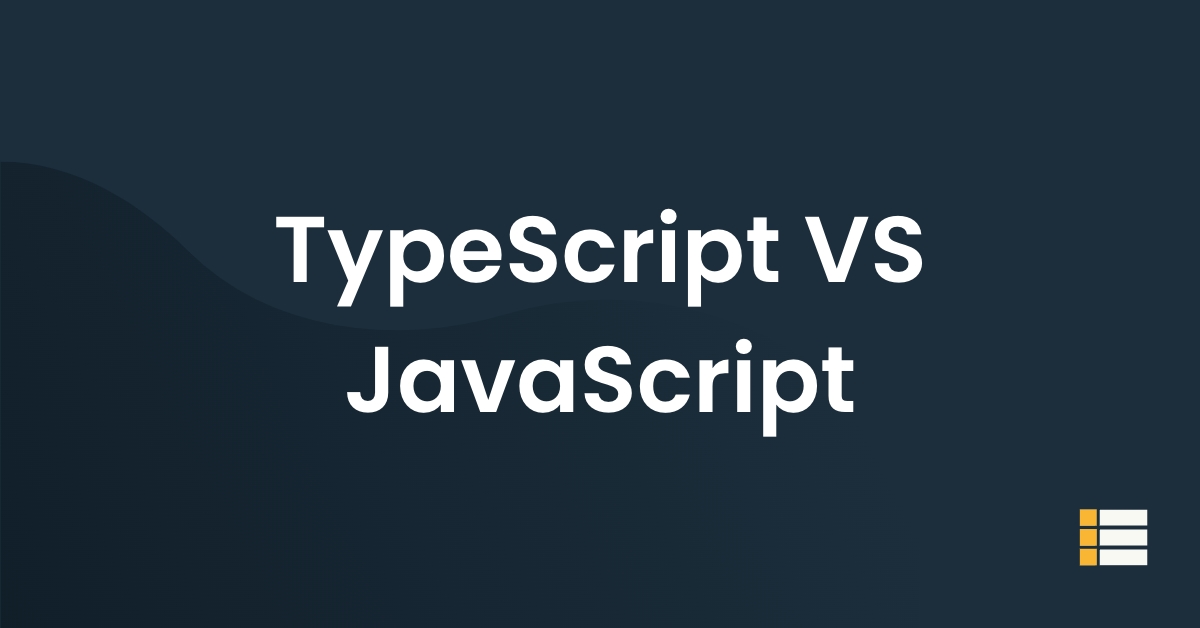So you want to take some online courses and read great reviews about Udemy and Coursera. However, after some further reading, you’re not sure which platform of the two is best for your taste – you’re not alone there.
So, what are the most important differences between Coursera and Udemy?
Coursera is more academically based, and the courses are more like college lectures. Udemy, on the other hand, offers a wide variety of topics you can learn at your own pace. Additionally, Coursera’s lecturers are professional teachers, and with Udemy, almost anyone can become a lecturer.
If you don’t know the fundamental differences between Coursera and Udemy, and the only thing you heard about these two is that they are great e-learning platforms, then this is the article for you. I’ll explain some differences in detail so you can choose the best option.
Coursera and Udemy: The Differences
Let’s explore the main differences between these two learning platforms:
Coursera’s Courses Are More Academically Based Than Udemy’s
Both Coursera and Udemy offer a wide variety of courses suitable for everyone’s needs. Additionally, many course types are present on both of these platforms.
So, if you’re interested in business courses, you can find them under the category “Business” on both Coursera and Udemy. From there, you choose what courses you want, like “project management,” for instance.
When you choose a course that you like, that’s where you start to notice some differences. The same topic, such as “project management” from our example, will definitely sound more academic and professional on Coursera. Udemy’s lecturers are generally younger, and some aren’t real teachers.
Coursera’s lecturers are mostly college or university teachers, and their lessons show it. So, if you’re not a fan of the more academic and “college(y)” feel of your online courses, then you might switch over to Udemy.
Coursera Works With Real Universities
Not only does Coursera work with real university teachers, but it also partners with over 200 universities and companies. So, you can get high-quality courses from world-famous universities, like Yale University, or companies like Meta or Google.
Udemy, on the other hand, doesn’t partner with companies, organizations, or academic institutions. Instead, it’s interested in a more “personal” approach, where almost everybody can be a lecturer, not just university professors or company members.
Udemy Is More Popular Among Learners Than Coursera
If your decision on whether to use Udemy or Coursera depends on which platform has more learners, then Udemy takes that point.
According to their web pages, Udemy has over 740 million course enrollments, which means that more than 740 million users have chosen to apply for a Udemy course since 2010, when it was created. Coursera’s webpage doesn’t show the total number of enrollments, but it states that the total number of learners until now is 107 million – a significant difference.
Coursera Has a Set Timeline for Its Courses
Coursera resembles university lectures, as there is a set timetable that every learner needs to follow at the same time.
Additionally, every course has a starting and an ending date, so if you’re late for enrollment, you’ll have to wait until the next term, which is usually a few months.
That’s not all. Each course on Coursera has tasks that learners need to complete before a deadline! Although these deadlines are flexible and you can work them into your schedule, it’s still quite daunting.
In contrast, with Udemy, you can enroll any time you want, and once you pay for a course, it’s yours to keep – forever. Additionally, Udemy doesn’t have any deadlines. The lectures are in a video format that you watch whenever you can or want. This is a huge benefit if you have a slower pace when learning something or simply don’t have free time.
Udemy Offers Sales for Its Courses All the Time
Constant sales that reduce course prices to almost nothing is what Udemy’s famous for. You can look at a course at Udemy that’s $180 one day, and the next day, the same course is worth $9.99, then you see a yellow ribbon at the top of your screen saying there’s a new sale. It can be an excellent bargain!
Coursera has a more rigid price range, but many users get confused by all the options it offers. Each category on Coursera has a starting price; from there, the prices can vary.
Here are the options you can choose on Coursera:
- Regular courses: These usually last for about 10 hours in total, and they can be either free or $49 and up (Udemy courses last for about 4 hours on average).
- Guided projects: Usually last less than 2 hours, and the starting price is $9.99. They are meant to teach you some useful and new skills in a short period of time.
- Specialization: They start from $39.99 a month, which lasts for about two months, during which time you specialize in a skill.
- Professional Certificate: With this category, you’re learning for a new career. It usually lasts about five months (but it varies), and the price starts at $39.99 a month.
- MasterTrack Certificate: This lasts about five months or more, and the starting price is $2000. With this option, you’re taking part in a master’s program and earning valid credits.
- Coursera Plus: With this plan, you can either pay $59 a month or $399 a year. You get access to over 7000 courses, which is the majority of courses on the platform.
- Bachelor’s or Master’s degrees: These can take two to seven years, depending on the degree. Teachers from renowned universities teach you, and the prices start at $9000.
Both Udemy and Coursera also offer business plans for companies. Moreover, the two platforms have free courses. However, Udemy doesn’t really show the option for free courses, whereas Coursera’s first option on their “Courses” bar is the “free courses” category. Plus, free courses on Coursera are held by world-famous universities like Yale.
Coursera Is Accredited and Offers Online Degrees
One of the most frequently asked questions is: do Udemy and Coursera offer valid and accredited certificates? While both platforms offer certificates, they don’t have the same recognition in academia or business.
Udemy offers certificates of completion for its paid courses, but those certificates can’t be used as valid accreditation, nor do they go toward your college credits. Some companies certainly accept those certificates, but it’s a personal choice.
Because Coursera works with universities and companies directly, its certificates are valid and accredited. What’s more, the certificates you get are connected with the institution that organized a course. So, if you take a course organized by Google, you’ll get an accredited certificate with the Google logo. The same goes for universities and online degrees.
Conclusion
The basic principles of Coursera and Udemy are the same – to offer thousands of online courses to millions of learners worldwide. However, some differences exist between the two, such as pricing methods, valid certificates, or the way topics are covered. Ultimately, you’ll have to decide what works best for you based on the differences presented here.




